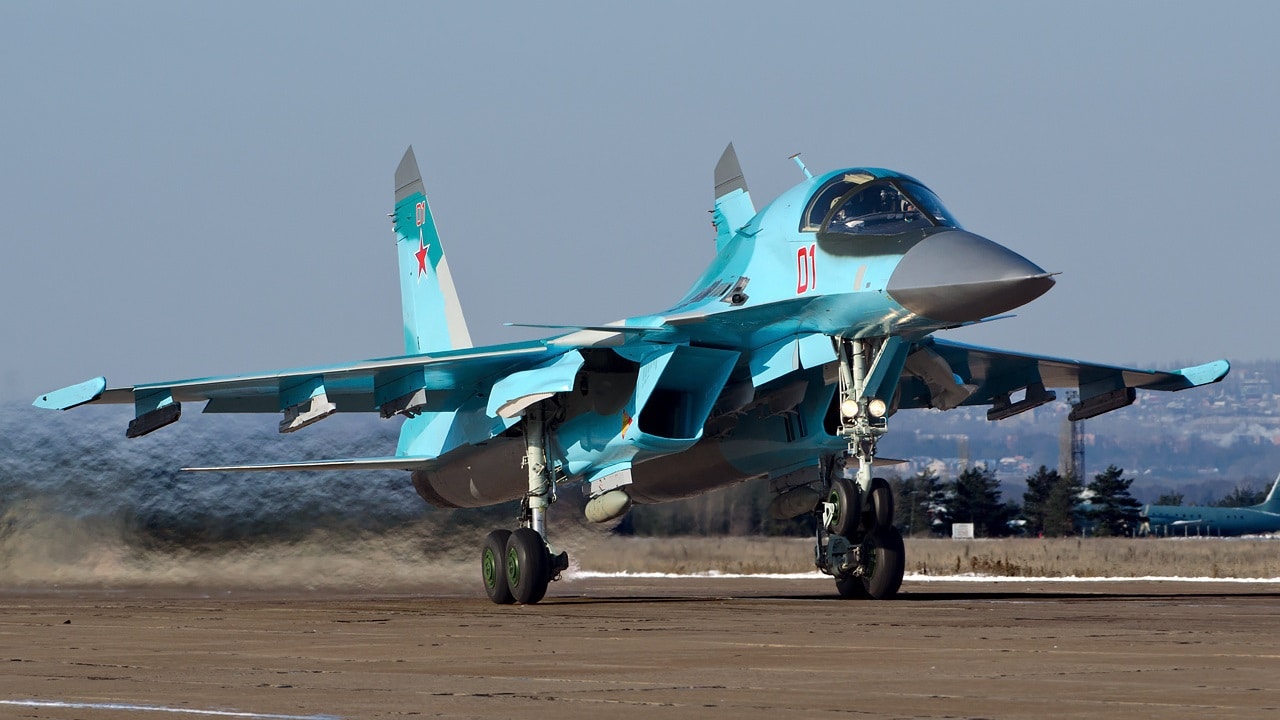Russia’s invasion of Ukraine may transform the global arms export market, leaving Moscow isolated and making Beijing a key player in the arms trade.
The reality of the international arms market is that not many countries have much of a choice between Russia and China on the one hand and the West on the other. A few countries consistently import from both Russia/China and the West, but most choose either one or the other. These groups can be divided neatly on the metric of intellectual property law; for reasons mostly unrelated to arms exports, the US and the European Union tend to sell weapons to countries that have strong intellectual property protection. This is more or less a proxy for “follower of the rules-based liberal international order,” but is nonetheless a useful indicator of how weapons end up in one place rather than another.
Thus, even as they have grown closer politically, Moscow and Beijing have developed a zero-sum relationship with respect to arms exports. The truth is that China has been chipping into the Russian export market for some time, making Russia’s position as an exporter precarious. Most Russian equipment dates at least in part to the Cold War, and although this is also true of US and European suppliers the West has substantially upgraded most of its equipment. The Russians can still compete on cost with the Americans and Europeans, but again there aren’t many customers who buy on price alone. For those who do, China is an increasingly attractive option.
Russia sells a large plurality of its arms exports to China and India. Russia’s arms relationship with China has been fraught since trade resumed in the 1990s. After the collapse of the Soviet Union, Russia immediately began to export huge amounts of military equipment to China of all kinds of configurations. Over time, the Russians grew concerned that China was violating licensing and intellectual property rights by reverse engineering or otherwise modifying exported equipment, and the trade fell off significantly, especially in the most advanced technologies. Several years ago Russia reversed this decision, apparently out of a conviction that China was so close to catching or surpassing Russian standards that it no longer made sense to withhold technologies. Thus, the Chinese defense industry has largely caught up with (and in some ways surpassed) its Russian counterpart.
Potential buyers of Russian equipment have to ask themselves some very difficult questions. Russia will undoubtedly devote much of the capacity of its defense industrial base (DIB) to recapitalizing its forces, given the losses in Ukraine. When Russian needs to compete with those of the export market, who will win? Countries that buy Russian weapons will also face sanctions that could prevent them from accessing Western arms markets, and could even have a serious negative effect on their ability to use the US dollar. Russian technicians and engineers, necessary to upgrading and maintaining much-exported equipment, may face sanctions of their own including travel restrictions.
Chinese firms will face few or none of these problems. Indeed, Chinese defense companies may well find themselves exporting arms to Russia in order to assist with the recapitalization of its armed forces. There are a few countries that can’t buy Chinese, and thus that is necessarily tied to the Russian DIB. As China’s rival in South Asia, India simply cannot rely on the potential for arms purchases from across the Himalayas. Similarly, Hanoi cannot count on Beijing as an arms exporter as most of the arms Vietnam buys are intended to fight China. It is perhaps not surprising that neither Vietnam nor India have been eager to join in the international condemnation of Russia.
All of this leaves Russia in a tough spot. Russia exports essentially two things; energy and weapons. Sanctions have cut deeply into both of those, but in the final analysis, will probably have more of an impact on arms than on energy (Germany doesn’t need to pretend to not want Russian weapons). Many arms importers will, given the choice, make the determination that a military relationship with China is safer and more reliable than one with Russia.
To be sure, China may run into its own issues; the performance of Turkish UAVs in Ukraine may assure Ankara’s dominance in a market that Beijing has tried to capture. Still, this could leave Russia as the exporter of choice to only the very few countries that China won’t sell to, including India and Vietnam. This would have very negative long-run effects on the Russian economy and DIB by making it harder to earn hard currency, and by making it impossible for Russia to rely on foreign sales to offset the development costs of new weapons. Indeed, the Russian DIB may find itself simply an annex to the Chinese, producing equipment largely for the Russian and Chinese armed forces, and becoming part of the supply chain for the People’s Liberation Army.
In this as in so many other ways, President Putin’s decision to invade Ukraine has put Russia’s status as a great power into dire jeopardy.
Now a 1945 Contributing Editor, Dr. Robert Farley is a Senior Lecturer at the Patterson School at the University of Kentucky. Dr. Farley is the author of Grounded: The Case for Abolishing the United States Air Force (University Press of Kentucky, 2014), the Battleship Book (Wildside, 2016), and Patents for Power: Intellectual Property Law and the Diffusion of Military Technology (University of Chicago, 2020).

